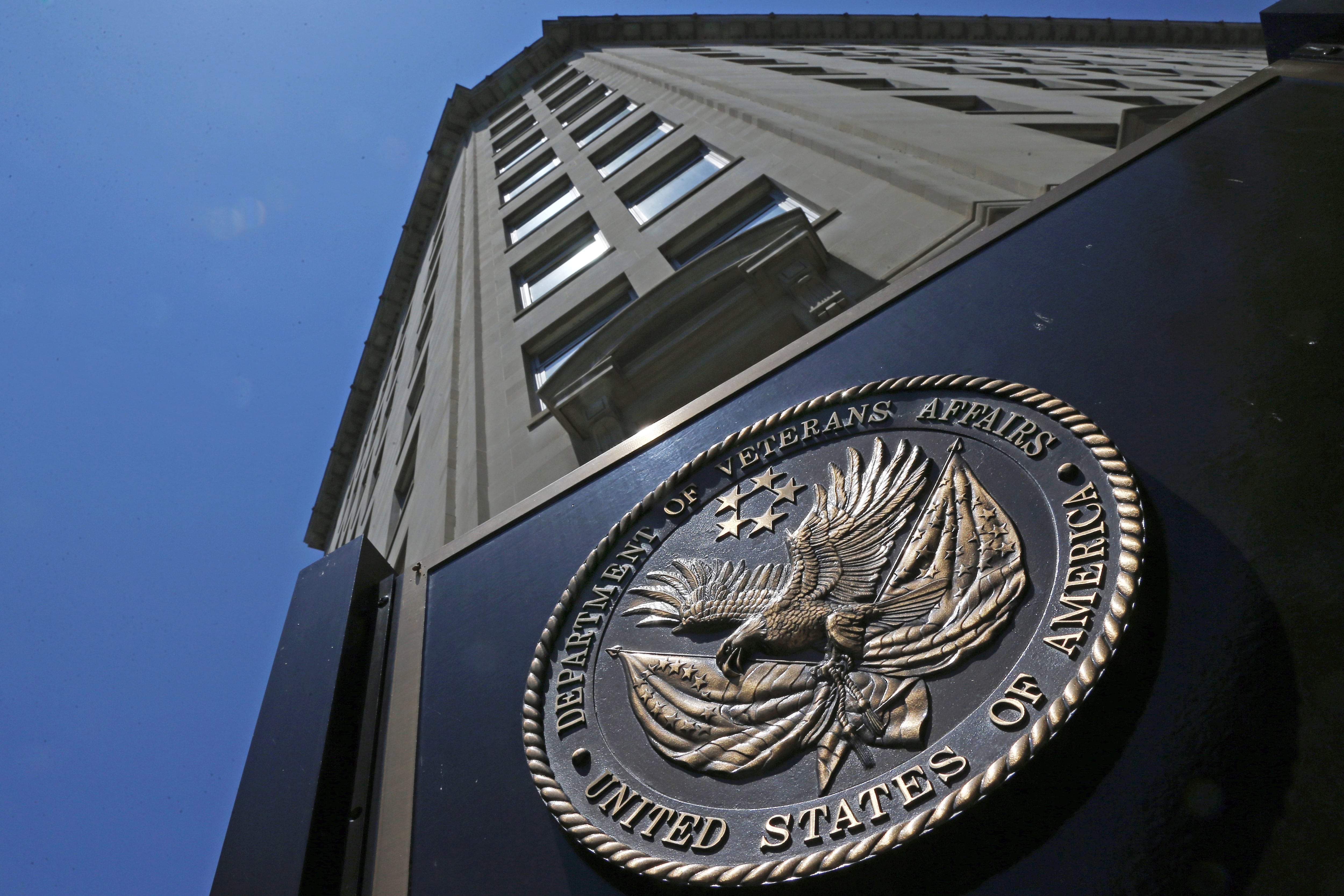Defense Secretary Mark Esper on Wednesday would not commit to using new authority to strip collective bargaining rights from military civilian employees, saying he is still reviewing the recent presidential decision.
Under questioning from lawmakers about potential disruptions to the Pentagon civilian workforce, Esper said he was not involved in the decision by the White House. In a memo made public last week, President Donald Trump announced he would grant the Secretary of Defense the authority to exempt federal employees in the Department of Defense from federal collective bargain rules, citing national security concerns.
“This flexibility requires that military and civilian leadership manage their organizations to cultivate a lethal, agile force adaptive to new technologies and posture changes,” Trump wrote, adding that the Pentagon “should not be forced to sacrifice its national security mission” to appease union officials.
The decision diverges from past use of the exemption authority, which has thus far only been used by the president himself to strip rights from specific components that meet national security concern thresholds.
Esper deflected questions about the validity of the national security claims and said he does not know of any current conflicts between federal union officials and defense leadership.
“But just because I can’t recall an issue right now does not mean that one doesn’t exist,” he said. “I think the prudent thing for me is to wait to see what the analysis comes up from my staff and make an assessment from there.”
Union officials have already decried the move as another public assault on workers rights by the White House. The administration has come under criticism from labor organizations for past attempts to restrict collective bargaining and other union activities.
In a statement last week, American Federation of Government Employees National Secretary-Treasurer Everett Kelley called the proposed change “a travesty” and said that using national security as justification “would be a disgrace to the sacred oath and obligation that all federal workers make to their country.”
On Wednesday, during Esper’s appearance before the House Armed Services Committee, democratic lawmakers echoed those sentiments.
“Folks on your team could be eliminated because of this rule that came out of nowhere,” said Rep. Donald Norcross, D-N.J. “The idea of creating potential havoc when [they] all work together seems rather crazy.”
Under federal law, the president has the right to exclude any agency from collective bargaining coverage if the agency performs intelligence, counterintelligence, investigation or national security work as its primary function.
The president must also determine that the collective bargaining requirements could not be applied in a manner that allows for those considerations of national security.
Presidents Ronald Reagan, George W. Bush and Barack Obama each issued executive orders using that authority to exempt specific defense and Department of Justice employees from coverage under the Federal Service Labor-Management Relations Program.
Esper praised the defense civilian employees as a “great workforce” and noted that officials “rely on them for the continuity and expertise that are critical to sustaining our military.”
Leo covers Congress, Veterans Affairs and the White House for Military Times. He has covered Washington, D.C. since 2004, focusing on military personnel and veterans policies. His work has earned numerous honors, including a 2009 Polk award, a 2010 National Headliner Award, the IAVA Leadership in Journalism award and the VFW News Media award.
Jessie Bur covers federal IT and management.




